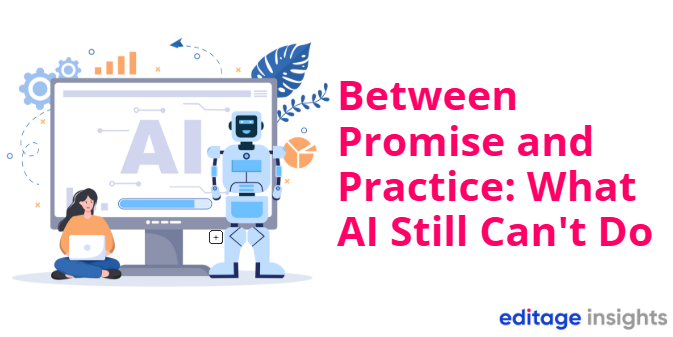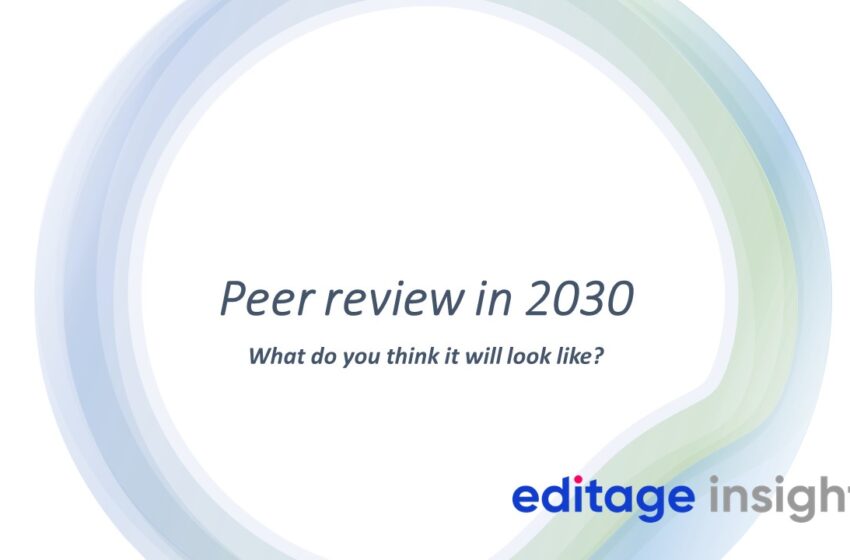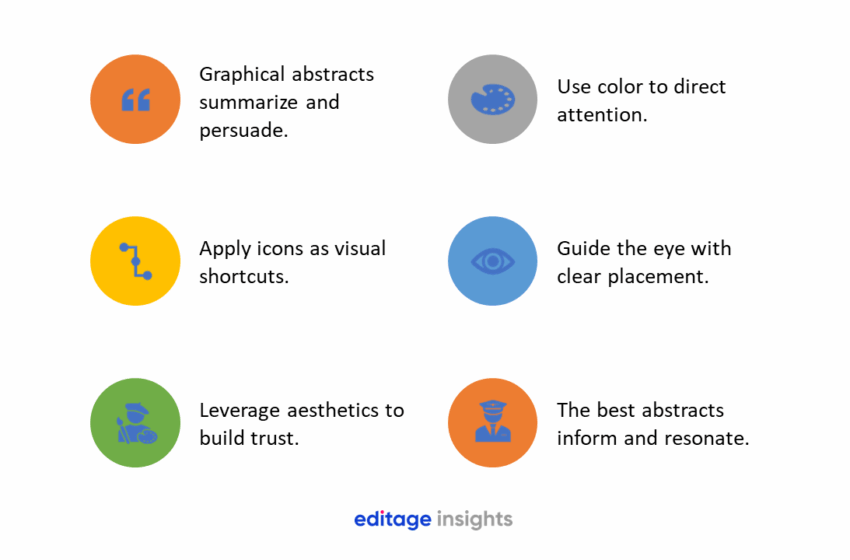Artificial intelligence has rapidly become an integral part of academic research, offering powerful capabilities for literature synthesis, data analysis, and ideation. For doctoral students, these tools present both unprecedented opportunities and significant risks. While AI Read More
https://www.slideshare.net/slideshow/peer-review-in-2030-what-will-it-look-like/283214873 We asked Industry Leaders what they thought peer Review would look like in the year 2030. This short slide deck will take you through their predictions! Come back to Read More
Graphical abstracts are now standard in many journals and preprints. They give readers a snapshot of your research and can make the difference between someone engaging with your work, or scrolling past. But not all Read More
In Part 1 of the Authorship series, we discussed criteria that will help you determine whether a particular contributor qualifies to be an author of your research paper. If you are submitting a multi-author paper, once Read More
Through the course of your research, right until you get your paper published, there will be several individuals who have contributed to your research project in different ways. However, not all of these individuals can Read More
Responding to peer reviewer comments can be a daunting task for most researchers. After spending months on your research project and preparing your manuscript, it is only natural that you will want to avoid making Read More
When referring to carefully detailed data or perfectly worded text from existing articles, you may be tempted to use it as-is to enhance your own writing. But take care, because attempting to use the ideas, Read More
2017 was a very eventful year for everyone in the academic publishing industry. The year witnessed many significant trend-setting changes and new practices, keeping many of us on our toes. we interviewed many thought leaders in Read More
Many researchers hesitate to publish open access (OA) for a variety of reasons. This reluctance to submit to OA journals and make research freely accessible could be triggered by several existing misconceptions about OA. In Read More





